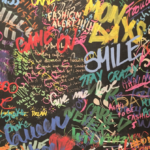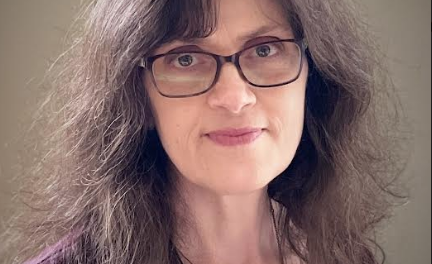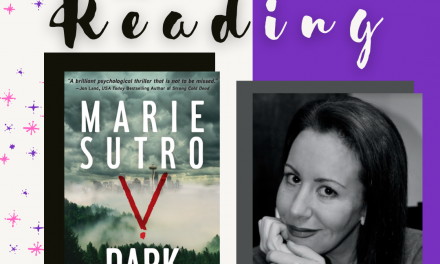 Writing “to the bones” (Natalie Goldberg), opening up the hurts, fears, vulnerabilities and disappointments that we all stuff inside of us. The bravery required of a memoirist is immense. But with memoir writing, a memoirist strives to find those hidden hurts, raise them from their graves and use them as tools to teach and share with readers. Memoirs teach. But a good memoir contains focus so that the lesson you are supposed to learn as a reader shines through the writing.
Writing “to the bones” (Natalie Goldberg), opening up the hurts, fears, vulnerabilities and disappointments that we all stuff inside of us. The bravery required of a memoirist is immense. But with memoir writing, a memoirist strives to find those hidden hurts, raise them from their graves and use them as tools to teach and share with readers. Memoirs teach. But a good memoir contains focus so that the lesson you are supposed to learn as a reader shines through the writing.
“The best way out is through” encourages Robert Frost and through the muck and yuck is how you get to the heart of your memoir story: what it is you want to teach. There are all sorts of other fears as you move through your memories into a memoir vignette. The two that haunt me most include (1) will anyone care or read this piece of my bared soul and (2) who am I going to make angry this time.
Readers come with time and hard work and a whole lot of social media presence. If I had another 20 hours in every day then I would have more readers but I don’t; so I do the best I can. My goal is to keep writing and blogging and writing and tweeting and google plussing and LinkedIn-ing. I just keep making up words at this point based upon the whims of which social media I need to focus on today.
The bigger question though is who will be angered by my writing this time? I hold fast to the belief that my memories are MY memories. If you don’t like my memories, sorry, I can’t change them to suit you. If I remember an event or a conversation; I may not recall the word by word conversation but I can bring forth the gist of a conversation and more importantly, how it made me feel or what I learned. But as a reader it is not your place to tell the writer that their memories are wrong.
I also remember the people in my life maybe differently than someone else. For example, my dad was loud, tough and an incredibly hard worker. He taught me how to drive—and God help us all no one died during that process. As I got older, I learned that dad didn’t have it so easy when growing up which explained why he was so generous with me as a teenager. Sometimes, I didn’t deserve it, but the fact is, I did not go without and that was because of my dad. Was my dad perfect? Nope. Not then and not now but I think I’ve come to appreciate him more now that I have raised my own child and created a career that I hope he would be proud of. Of course, I didn’t always like him (he was my dad after all) but I have more respect for him now than I ever had when he was alive. I haven’t made up memoires of my dad; but rather, I’ve just gained a greater understanding through my own age and experiences of what a truly special man he was. What a gift that time has given me.
I write extensively about my son’s adoption from Russia which is another source for a combination of memories recorded in a journal, remembered and shared with other adoptive parents. Honestly, the 3 days I spent in that orphanage are a blur but I do remember being handed my infant son and asked, “Do you want him?” Were those the exact words? Honestly, I’m not sure but I can assure my reader that this was the intent behind the question and the context in which I made the choice to adopt this particular child.
I also have memories of my son’s father that have changed over time. He remains the same man he was when I met him in 1987 and I can still outline his daily routine even though we have been divorced over a decade. Time lends to different perspectives. He was a fairly absent dad but that was partially my fault. I see that now but in the heat of diaper meltdowns and the terrible twos, my thinking about him was quite different. Once our son became “buddy age”, he became more involved now that a golf partner was living just down the street. Memories can evolve with time and the opportunity for reflection.
I’ve angered readers by including dialogue and my recollections of events or people. That’s not how it happened. Were you there I often asked? Or when feeling a bit smarty, “where in the deep recesses of my brain were you hiding when this happened?” A memoir is a life story. The writer’s life. Consisting of the writer’s memories.
I challenge readers to read the words and heart poured out onto the page for what the author wants to teach you not to nit-pick and harangue over details about what a person remembers.
Vulnerable. Even with joyous, humorous memoirs, there lies vulnerability. Respect the author. Learn from the author and honor the text that has been placed in your hands as a piece of someone’s heart. There is something to be learned from reading a life story, even if you were on the sidelines, seeing the same story through another person’s eyes offers insight and opportunity to learn.


















